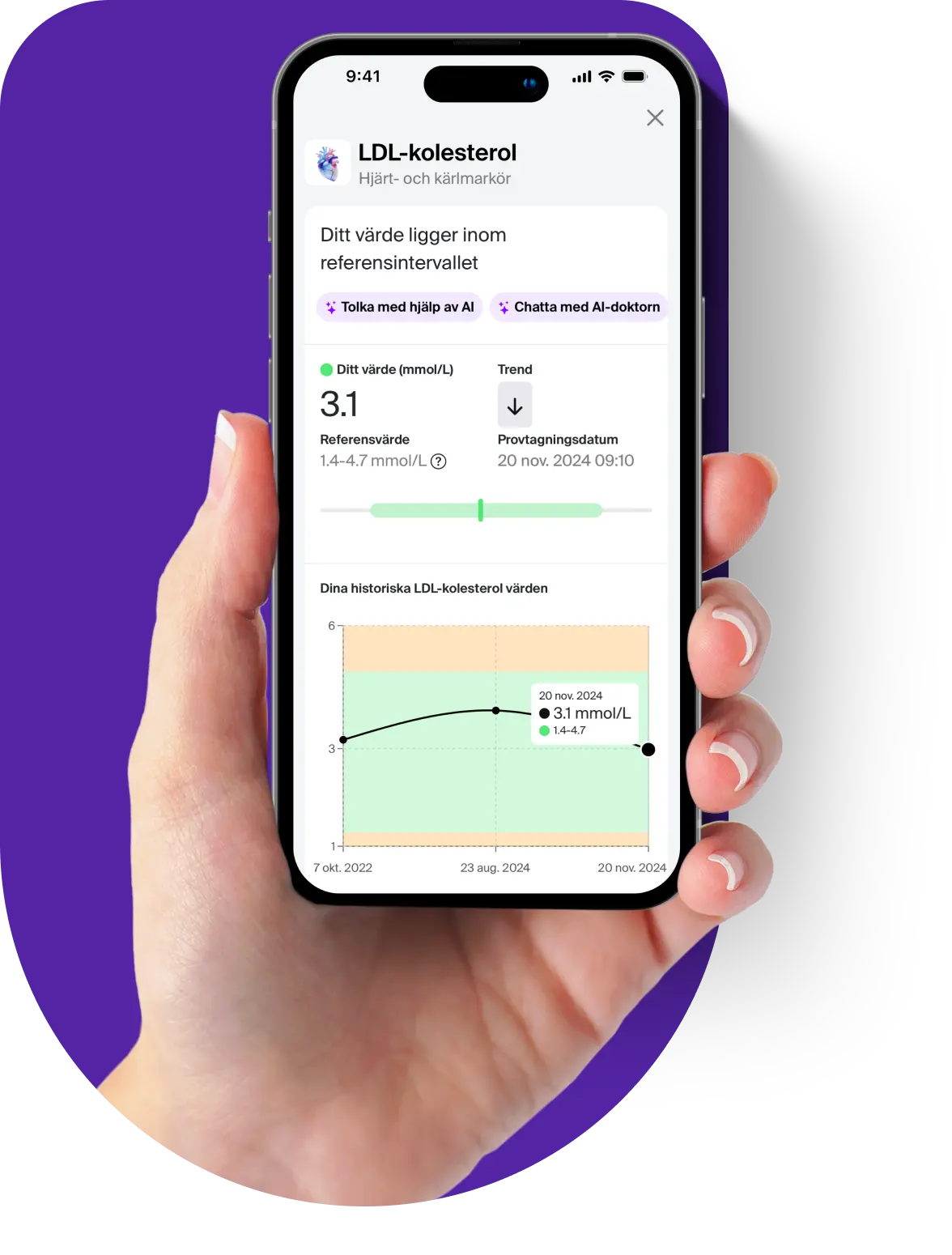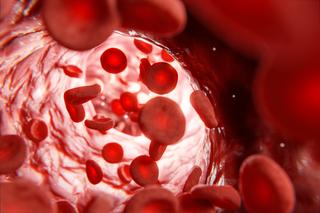B-EPK Blood test – Analysis of erythrocytes
The B-EPK (erythrocytes, particle concentration in blood) test measures the number of red blood cells per liter of blood. It is a key component of a complete blood count (CBC) and is used to assess oxygen transport capacity, detect anemia, and identify other abnormalities in blood cell production.
Erythrocytes, also known as red blood cells, are essential for oxygen transport throughout the body. These cells contain hemoglobin, a protein that binds oxygen and delivers it to tissues. By analyzing the quantity and quality of erythrocytes, healthcare providers can gain insight into blood health and detect potential underlying conditions. Deviations in erythrocyte levels may indicate various health issues, ranging from nutrient deficiencies to chronic diseases.
Why is it important to analyze erythrocytes?
A blood test for B-EPK provides valuable health information and can help detect early signs of blood abnormalities. Key aspects of this analysis include:
- Anemia evaluation: Measuring erythrocyte levels can help diagnose or rule out anemia. Low red blood cell counts are often associated with iron deficiency, vitamin B12 or folate deficiency, chronic diseases, or blood loss.
- Oxygen transport capacity: Since erythrocytes are responsible for oxygen delivery throughout the body, their quantity and function are crucial for energy production and cellular survival. An imbalance can negatively impact physical performance and overall well-being.
- Blood quality and production: The number, size, and shape of erythrocytes can provide insights into underlying conditions such as kidney disease, bone marrow disorders, or genetic conditions affecting blood cell formation.
What does an abnormal value indicate?
An abnormal erythrocyte count may have multiple causes. Interpretation of test results is best done in conjunction with other blood markers, such as hemoglobin (Hb), hematocrit (HCT), and mean corpuscular volume (MCV).
- High erythrocyte levels (erythrocytosis or polycythemia): An increased number of red blood cells may be due to chronic oxygen deprivation, lung or heart diseases, dehydration, or disorders such as polycythemia vera, a rare bone marrow disease.
- Low erythrocyte levels (erythropenia): A reduced erythrocyte count may indicate anemia, often caused by iron deficiency, vitamin B12 deficiency, blood loss, bone marrow disorders, or chronic inflammatory diseases.
The B-EPK blood test provides essential insights into blood health and can assist in diagnosing anemia, blood disorders, and other underlying medical conditions.
Since erythrocytes play a central role in oxygen transport, their levels are a crucial factor in evaluating fatigue, shortness of breath, and other symptoms related to oxygenation issues. This analysis is often included in a complete blood count (CBC) and should be interpreted alongside other blood markers for a more comprehensive assessment of overall health.

































